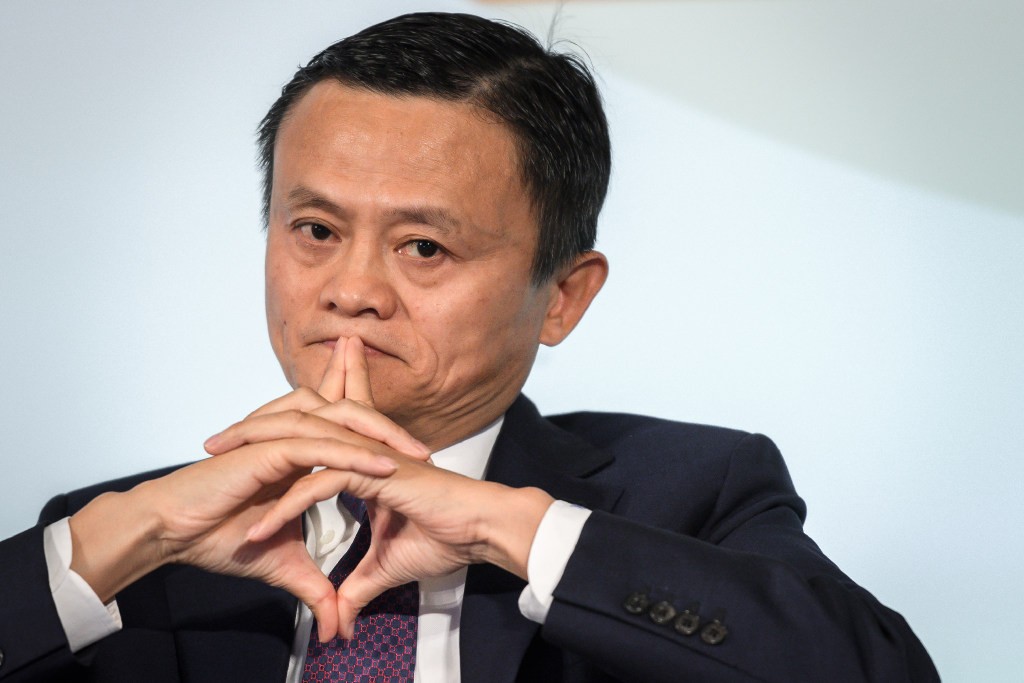Advertisement
Jack Ma and Richard Liu defend China’s overtime work culture, but ordinary workers can’t relate
Alibaba and JD.com founders call for full devotion to work
Reading Time:3 minutes
Why you can trust SCMP

This article originally appeared on ABACUS
If you love your job, you should be happy working from 9am to 9pm, six days a week -- or even longer.
So said Jack Ma, whose rags-to-riches story has now become familiar to many, in a recent rallying call to his troops at Alibaba.
From failing student to Alibaba founder: The story of Jack Ma
(Abacus is a unit of the South China Morning Post, which is owned by Alibaba.)
Advertisement
China’s ordinary workers beg to differ.
“I’m so angry I want to laugh,” wrote Weibo blogger Su Jianqi in a post that’s drawn more than 58,000 likes. “Boss Ma, sitting high up among the clouds, probably doesn’t know that for ordinary people, work isn’t a choice they make.”
Advertisement
The post sums up the growing anger among Chinese tech workers, who are beginning to question gruelling “996” work hours that have turned into an industry norm. A lively repository on Github contains a blacklist of companies with long hours. Github isn’t blocked by China’s firewall because of the essential role it plays for developers, but the page for what’s become a sensitive topic was later blocked by China’s domestic browsers.

Advertisement
Select Voice
Choose your listening speed
Get through articles 2x faster
1.25x
250 WPM
Slow
Average
Fast
1.25x